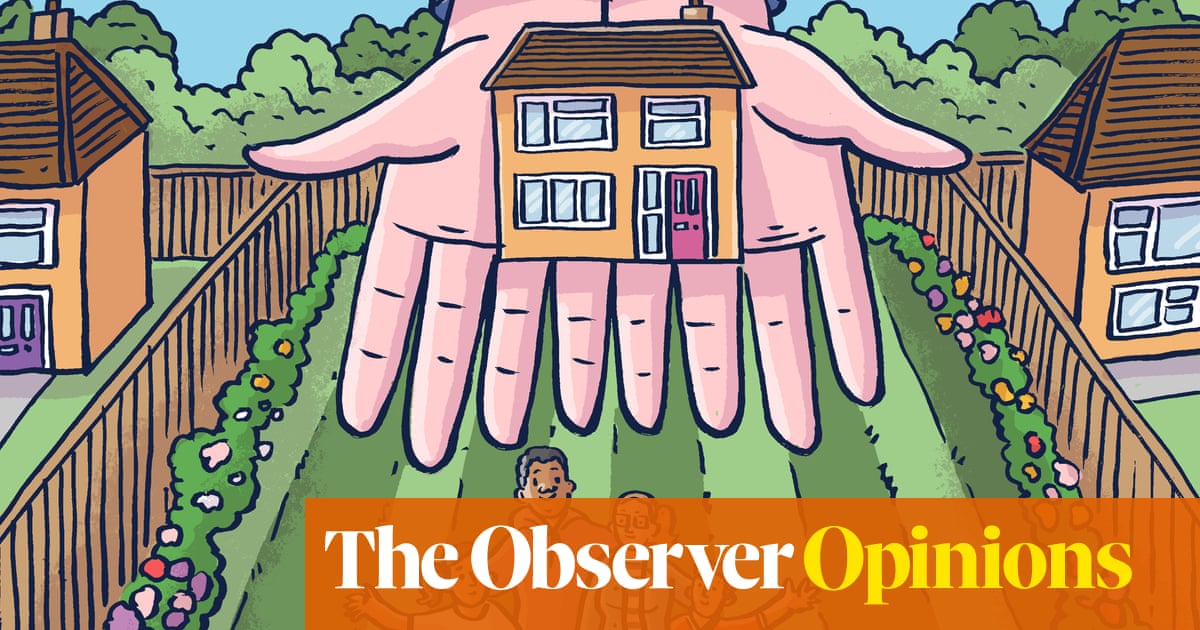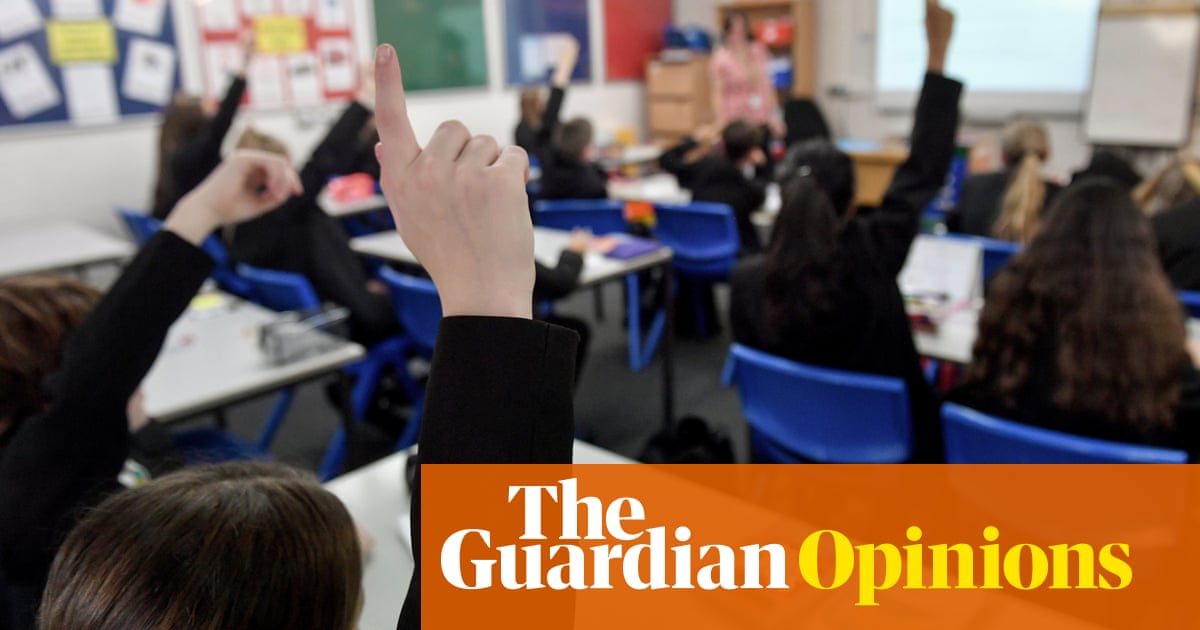
We make a habit of idealising Scandinavia. Living in Britain, a country of damp sandwiches, dilapidated housing and extortionate gas bills, makes it easy to fantasise about places like Denmark, with its generous welfare state and 37-hour working week. We laud its social philosophies, binge on its politics as dramatised by TV’s Borgen.
The idealised version of this looks like a social democratic utopia in which the state takes care of your worries. It does not look like the experiences of Muhammad Aslam, a taxi driver I spoke to recently while visiting Denmark. Aslam’s story is one that proponents of the Nordic model do not want you to hear. It reveals a darker side to this cosy ideal. And it shows that when the state considers you an outsider, its generous provisions can be swiftly withdrawn and something dystopian can take their place.
Aslam has lived on the estate since 1987. For all that time, his home has been Mjølnerparken, a leafy public housing estate of squat red-brick blocks in the centre of Copenhagen (Aslam is the chairman of its residents association). His children were born and grew up here; one has just finished law school, the other is an engineer. From his balcony, Aslam can hear the sound of children playing in the courtyards below, mixed with the chattering voices of their parents and grandparents. Local nurseries use the estate’s green spaces, and every summer, Mjølnerparken hosts a party for teenage residents who have finished school.
More than an estate, this is a community. But the government has classified Mjølnerparken as a “ghetto”, and plans to slash its public housing stock to no more than 40% of the total. Last month, Aslam received a letter informing him that he has until September to move out of his home. This all stems from a 2018 law intended to eradicate all ghettoes in Denmark by 2030. And the Danish state decides whether areas are deemed ghettoes not just by their crime, unemployment or education rates, but on the proportion of residents who are deemed “non-western” – meaning recent, first-, or second-generation migrants.
Aslam and most others living in Mjølnerparken are Danish citizens but, as they were not born in western countries, they are treated as foreigners in their own homes. Aslam’s children were born in Denmark, attended Danish schools and have Danish university degrees. Because their father was born in Pakistan, they too are deemed “non-western”. This is not a story of gentrification or the hidden hand of the market, pricing people out of city centres. It is worse than that. It is, in effect, state-directed population control.
A real estate investor, NREP, has already bought 260 of the flats on the estate. Once people like Aslam have been removed, the company plans to increase the rent on their former homes by more than 50%. Residents will be rehoused, but they will have no control over location or cost. Their children will need to move schools; their communities will be broken up. “What have I and my family done? Why do we have to be removed? My kids and my family have done nothing wrong,” Aslam says.
What is playing out on this estate is far from just a local issue. In 2017, the country’s parliament expressed concern that people they considered true Danes were becoming a minority in some areas. The ghetto law was passed the following year. By breaking up these communities, the government hopes to confront what it calls “parallel societies”. This phrase recurs so often in Denmark that it borders on a collective paranoia: the fear that areas that are home to large numbers of minority and Muslim citizens risk splintering a national culture.
The ghetto law was the invention of Denmark’s previous rightwing government. Yet it is now being enforced by the left-leaning Social Democrat government, in an attempt to shore up support among voters it worries will otherwise be lost to the right.
This matters not just in Denmark but in Britain, too. It is often said that leftwing parties must placate the cultural anxieties of left-behind voters if they are to stave off the electoral threat from the right. This is visible in the distinction drawn between “somewheres” and “anywheres”, the argument that working-class Labour votes collapsed because people feel like “strangers in their own country”, or in the books that give an academic sheen to the troubling idea that the “racial self-interest” of white citizens is not the same thing as racism. Some have even appeared to suggest, much like the Danish government, that whether you’re truly British is defined on the basis of your ethnicity.
Denmark’s Social Democrat party has been praised by British commentators as a lesson in how to achieve integration and as a model for neutralising the right. Mjølnerparken shows just how ugly these ideas are in practice. It should be a lesson: travel down this path, and you will find yourself forcefully ripping apart communities in the name of social harmony.
Few residents of Mjølnerparken would deny the estate has its problems. Unemployment and crime rates are higher than average, and overcrowding is an issue. Scratch the surface, though, and you’ll find many stories that defy this picture: Ibrahim Kadoura, an electrician who has lived here since 1992, tells me with pride about his son’s place at medical school and his daughter’s senior role at a consultancy firm. The government sees the problems on such estates as the product of migrants failing to integrate, but residents know it’s more complicated. The job market discriminates against people with Middle Eastern and non-Danish surnames, while many people struggle to find jobs simply because they live on a stigmatised estate like Mjølnerparken. Breaking up the estate would destroy a supportive community and do little to address the discrimination its residents face.
Conformity is central to Danish culture. Believing that people are similar to you and share your values can be useful in maintaining support for a welfare state. But there is a darker side implicit in this requirement: if the country’s generous welfare state is uniquely Danish, then migrants and outsiders who are not considered truly Danish are easily characterised as a threat to it. “The most important thing, when people live with each other, is tolerance – ‘I will accept you, and you will accept me’,” Kadoura says. “I accept the Danish people. But it feels like they cannot accept me.”
Hettie O’Brien is a writer and assistant opinion editor at the Guardian












